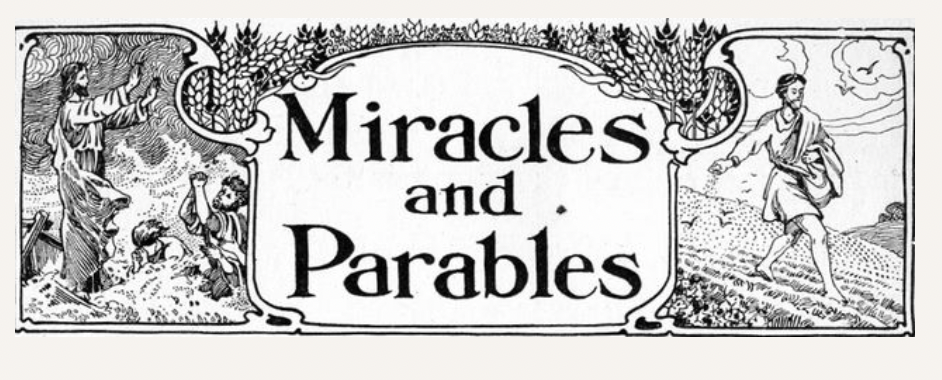In Ecclesiastes 3, King Solomon delves into life's cyclical nature, emphasizing the "Seasons of Life." He begins by noting that every aspect of existence has its appointed time: birth and death, planting and harvesting. This signifies life's divinely orchestrated rhythm. Just as we sow seeds in various facets of life, we also experience periods of harvesting the outcomes.
Solomon explores life's paradoxes, like destruction leading to healing and the duality of breaking and building. Such paradoxes reveal the profound growth available in contrasting experiences. He further acknowledges the myriad of emotions we experience, from sorrow to joy, underscoring the necessity to embrace each season fully, appreciating its inherent value.
Seeking truth, Solomon admits that life brings moments of seeking and loss, holding on and letting go. It's in the balance of tearing apart and mending, silence and speech, that one finds wisdom. He acknowledges the breadth of human emotions, from love to animosity and the ebb and flow of conflict and peace throughout history.
Highlighting divine timing, Solomon assures that each season culminates in beauty, though its manifestation might not be immediate. Humans, he suggests, have an inherent pull towards the eternal but must accept the limitations of their understanding. The chapter culminates in an urge to find joy in the present and a recognition of God's unwavering, eternal work, contrasting human transience.

Today we continue our series: “Ten Lessons for Today from the Christmas Story” with Episode 5. The first Christmas wasn’t as tidy (or as...

This episode delves into the profound prophecy in Isaiah 9:6-7, highlighting the promise of the Messiah as the Prince of Peace. In the midst...

This is a BEST OF 1010 THRIVE replay episode from August, 2021. Luke writes about numerous miracles and parables of Jesus. A miracle is...